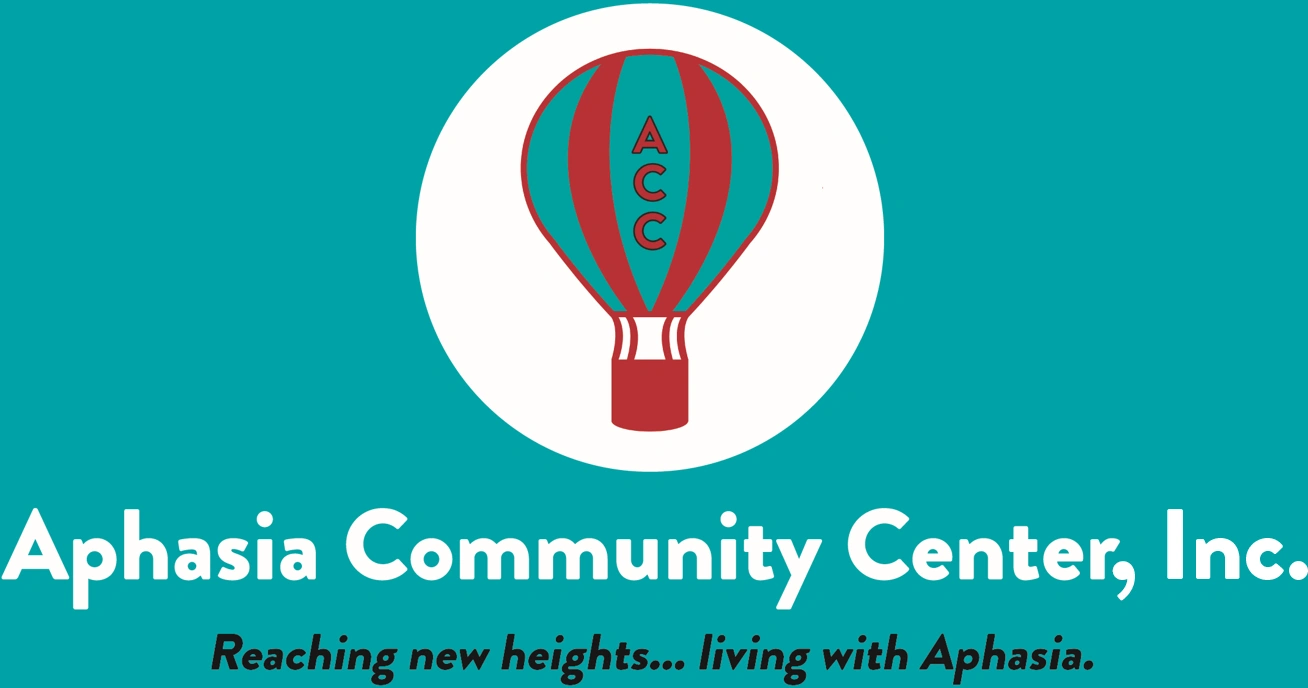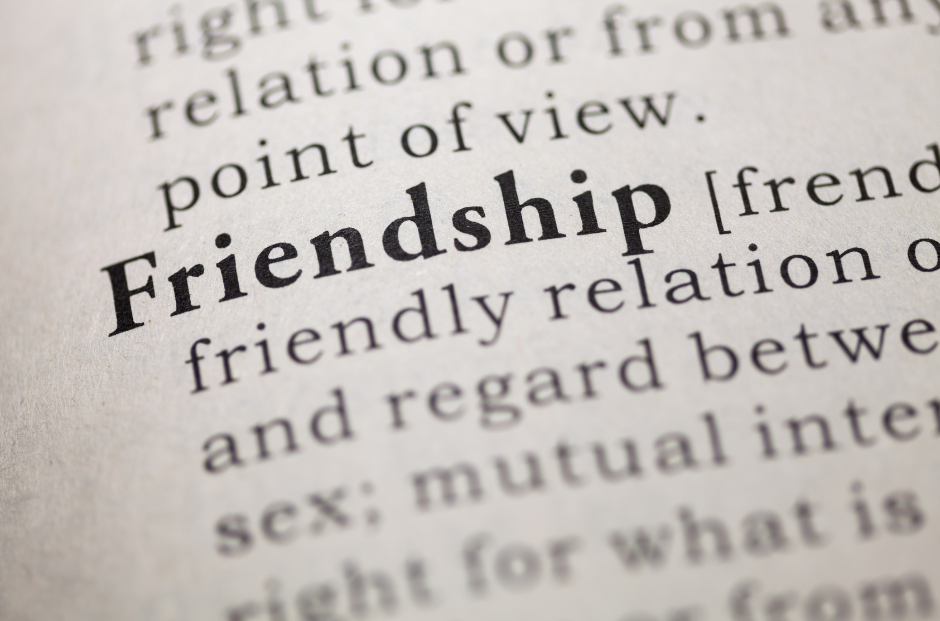The importance of friendships with a person with aphasia goes beyond providing emotional support, companionship, and a sense of belonging. When it comes to aphasia, relationships, and social connections become even more significant. For people with aphasia, a condition that affects community, the friendships they make can be very beneficial to the healing process.
Findings from a study entitled “Making a good time”: The role of friendship in living successfully with aphasia (Brown et al., 2013) highlighted the valuable role of friendship. This study highlighted three themes relating to the role of friendship in the lives of people with aphasia: living with changes in friendships and relationships, aphasia and friendships, and the importance of stroke and aphasia friends.
Living with changes in friendships and relationships
Relationships change in negative and positive ways after aphasia. Strained friendships and family connections contribute to the challenges. In 2023, Lingraphica surveyed over 600 people with aphasia to learn more about how aphasia affects their lives. The results reveal a sad picture of declining relations and disrupted independence. People with aphasia may experience reduced interactions with family and friends, leading to smaller social networks. Because of the smaller social networks, aphasia is often linked to poor functional recovery, depression, and social isolation. Loneliness and social inaccessibility can negatively affect one’s well-being.
- Reduced Communication Time: Communication can significantly diminish when words become elusive due to aphasia. Two out of three people surveyed spend less time communicating with loved ones and friends after acquiring aphasia. This is because the struggle to express thoughts and feelings can strain relationships.
- Friendships Worsened: Nearly 50% of those surveyed reported that their friendships worsened since acquiring aphasia. This is because the challenges in understanding and being understood can lead to frustration and distance between friends.
- Family Relationships: A third of respondents felt that their family relationships were negatively affected by aphasia. The struggle to communicate effectively can strain even the closest bonds.
- Social Networks: 69% of those surveyed engage less with their social networks than before. Social isolation and promoting meaningful connections are crucial for overall health and well-being.
Click to read more about this study and get the downloadable infographic: The Impact of Aphasia on Friendship, Love, and Community [Infographic] | The Aphasia Community
Aphasia and Friendships
Maintaining friendships and connections with loved ones during all stages of aphasia recovery is crucial. People with aphasia work to stay connected and to improve communication with family and friends. Social support plays a vital role in successful living with aphasia. These connections alleviate loneliness and contribute to overall life satisfaction. Supporting friends with aphasia requires empathy, patience, and understanding. Family and friends can make a positive difference in the life of someone with aphasia by being patient, listening actively, and adapting communication.
Here are some practical ways to be there for them:
Clear Communication:
- Speak Clearly: Use simple language and speak slowly, allowing them time to process.
- Visual Aids: Use drawings, gestures, and facial expressions alongside speech.
- Avoid Talking Down: Treat them as adults, avoiding condescension.
Active Listening:
- Give Them Time: Allow them to express themselves without interruption.
- Resist Finishing Sentences: Avoid completing their sentences or offering words.
Encourage Independence:
- Involve Them: Include them in family decisions and keep them informed of events.
- Avoid Overprotection: Encourage independence rather than shielding them.
Engage in Normal Activities:
- Social Inclusion: Don’t ignore them in group conversations; involve them.
- Balance Details: Keep them informed without burdening them with day-to-day minutiae.
The importance of stroke and aphasia friends
Connecting with others with similar experiences is essential for navigating aphasia. Tailored programs and a supportive community can help people with aphasia achieve their goals while promoting community integration. The aphasia community broadens friendship circles, provides companionship, and enhances social connectedness. This is because being part of an aphasia community group allows individuals to share their challenges, learn from others, and build meaningful relationships.
These groups offer an opportunity for social participation. Stroke survivors with aphasia, along with their family members, friends, caregivers, and speech-language pathologists come together. They share experiences related to stroke and aphasia using supportive communication tools, which may include technology and a total communication approach. The benefits of group involvement include improved functional communication, and overall quality of life after a stroke.
The Aphasia Community Center, Inc. offers many FREE groups, classes, and events designed to help people live successfully with aphasia. Check out our calendar for upcoming events.
Other groups offer classes, groups, and events. Voices of Hope (VoH) in St. Petersburg, FL has online and in person options. The Aphasia Recovery Connection (ARC) in North Carolina has online offerings.
Remember, while aphasia may alter relationships, it can also lead to connections with people you might never have met otherwise. Friendships are essential for emotional well-being and play a vital role in living successfully with aphasia. Seek support, stay connected, and know that you’re not alone on this journey.

